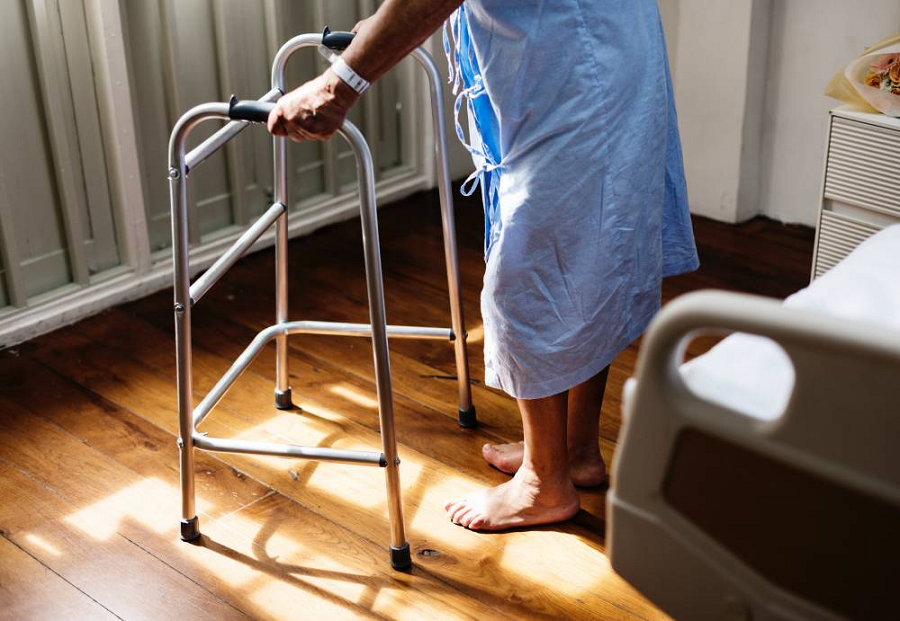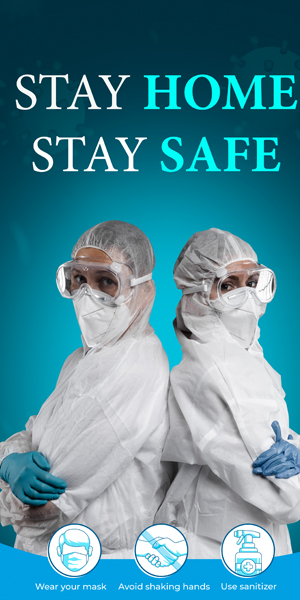The face is the first identity of any individual. Whether you like it, many people judge another person’s mood with his facial expression or smile. A minor jawline or face line flaw certainly changes your expressions permanently. As a result, ...
The hip bone or hip joint is one of the most powerful organs in the body, and it is difficult to break as it is stable. Hip fractures are scarce, and it is caused principally due to two causes, significant ...



